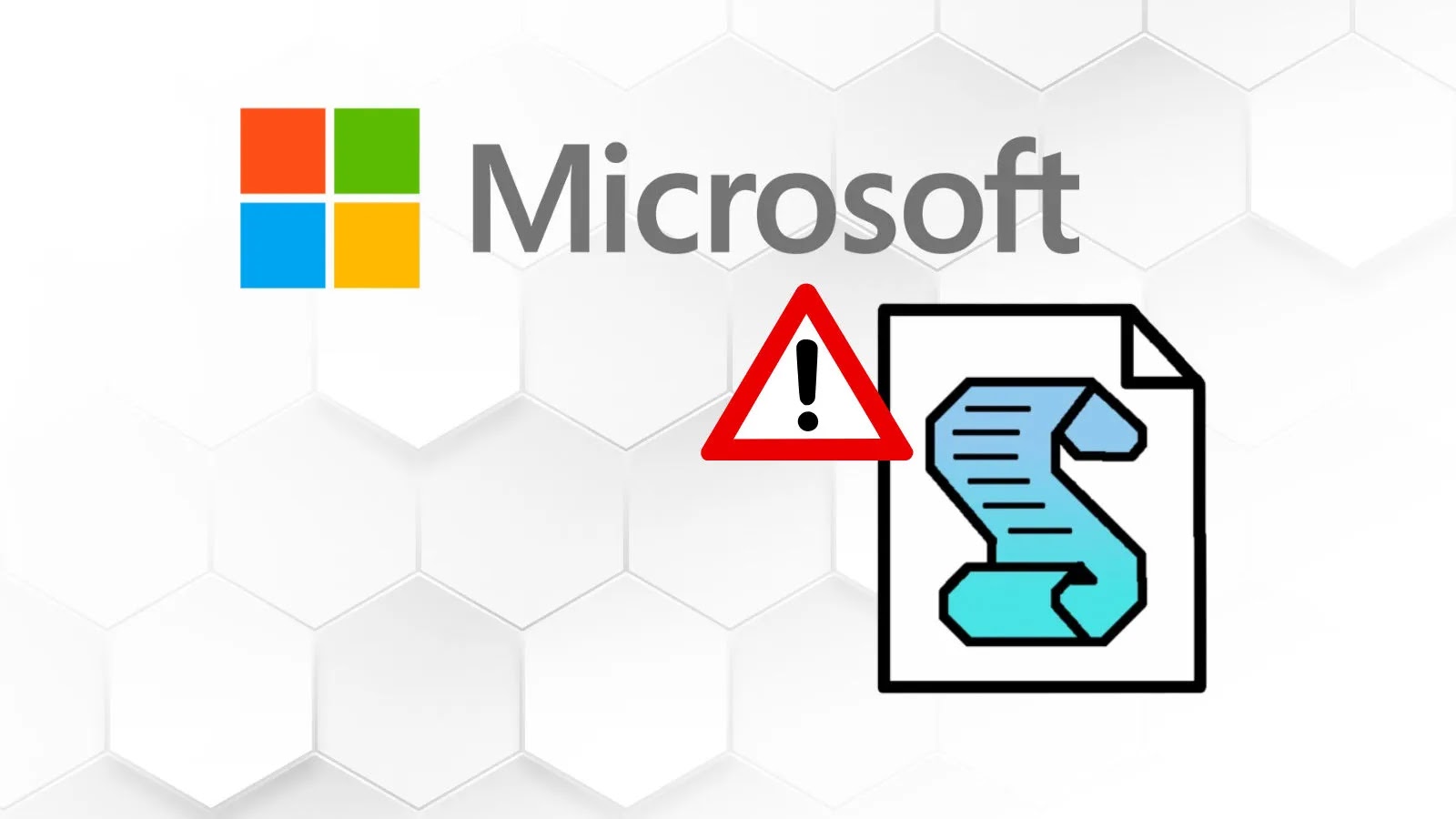Microsoft has officially announced a phased deprecation plan for VBScript in Windows, signaling a significant shift for developers, especially those utilizing Visual Basic for Applications (VBA). This decision necessitates that developers adapt their projects to ensure future compatibility.
Understanding VBScript and Its Role in VBA
Introduced in 1996, VBScript (Visual Basic Scripting Edition) is a lightweight scripting language developed by Microsoft. It has been widely used for automating tasks and controlling applications on Windows-based systems. In the context of VBA, VBScript has been instrumental in executing external scripts and utilizing reference libraries, such as `VBScript.RegExp` for handling regular expressions.
The Three-Phase Deprecation Timeline
Microsoft has outlined a structured, three-stage process for retiring VBScript:
1. Phase One (Current Phase): VBScript is treated as a Feature on Demand (FOD), remaining enabled by default. Existing VBA projects continue to function without interruption. This phase is expected to last until at least 2026.
2. Phase Two (Projected to Begin Around 2027): The VBScript FOD will be disabled by default. Administrators will have the option to re-enable it, but un-updated applications may begin to fail.
3. Phase Three (Date To Be Determined): VBScript will be completely removed from all future Windows releases, rendering any remaining dependencies obsolete.
Implications for VBA Projects
The deprecation of VBScript will impact VBA projects in two primary ways:
1. Execution of External `.vbs` Files: Code that calls and executes external `.vbs` files will no longer be supported once VBScript is disabled or removed.
2. References to VBScript Type Library for Regular Expressions: Many developers use the `VBScript.RegExp` library for pattern matching and text manipulation within Office applications like Excel, Word, and Access. Without proactive changes, these functions will cease to operate in newer Windows environments, potentially disrupting complex macros and automated workflows.
Transitioning to Integrated RegExp in VBA
To facilitate a smooth transition, Microsoft has integrated RegExp classes directly into the VBA runtime library, starting with Microsoft 365 Version 2508 (Build 19127.20154). This update allows developers to use regular expressions natively without referencing the external `vbscript.dll`. The new implementation supports both early binding (`Dim regEx As RegExp`) and late binding (`CreateObject(VBScript.RegExp)`), ensuring that updated Office versions can run scripts seamlessly, even on future Windows versions where VBScript is absent.
Recommended Actions for Developers
Microsoft strongly recommends that developers take the following steps:
1. Upgrade to the Latest Office Build: Ensure that you are using Microsoft 365 Version 2508 (Build 19127.20154) or later to access the integrated RegExp classes.
2. Update VBA Code: Modify existing VBA code to utilize the new integrated RegExp classes, replacing any dependencies on the external `vbscript.dll`.
3. Test Existing Projects: Thoroughly test all existing projects to identify and resolve any lingering VBScript dependencies.
Broader Context: Microsoft’s Shift Away from Legacy Components
The deprecation of VBScript is part of Microsoft’s broader strategy to phase out outdated features in favor of more secure and efficient alternatives. This move aligns with other recent decisions, such as the removal of Windows PowerShell 2.0 from Windows 11 due to security risks. By eliminating legacy code paths, Microsoft aims to enhance Windows security and reduce system complexity.
Security Implications of VBScript Deprecation
VBScript has been exploited by malicious actors to distribute malware strains like Lokibot, Emotet, Qbot, and DarkGate. Deprecating VBScript is likely part of Microsoft’s broader strategy to mitigate the increasing prevalence of these malware campaigns. By transitioning to more secure scripting alternatives, Microsoft aims to provide users with the most modern and efficient options available.
Conclusion
The deprecation of VBScript marks a significant shift in Microsoft’s approach to scripting languages within Windows. Developers are urged to proactively update their VBA projects to ensure compatibility with future Windows releases. By embracing the integrated RegExp classes and other modern alternatives, developers can future-proof their applications and contribute to a more secure and efficient computing environment.



